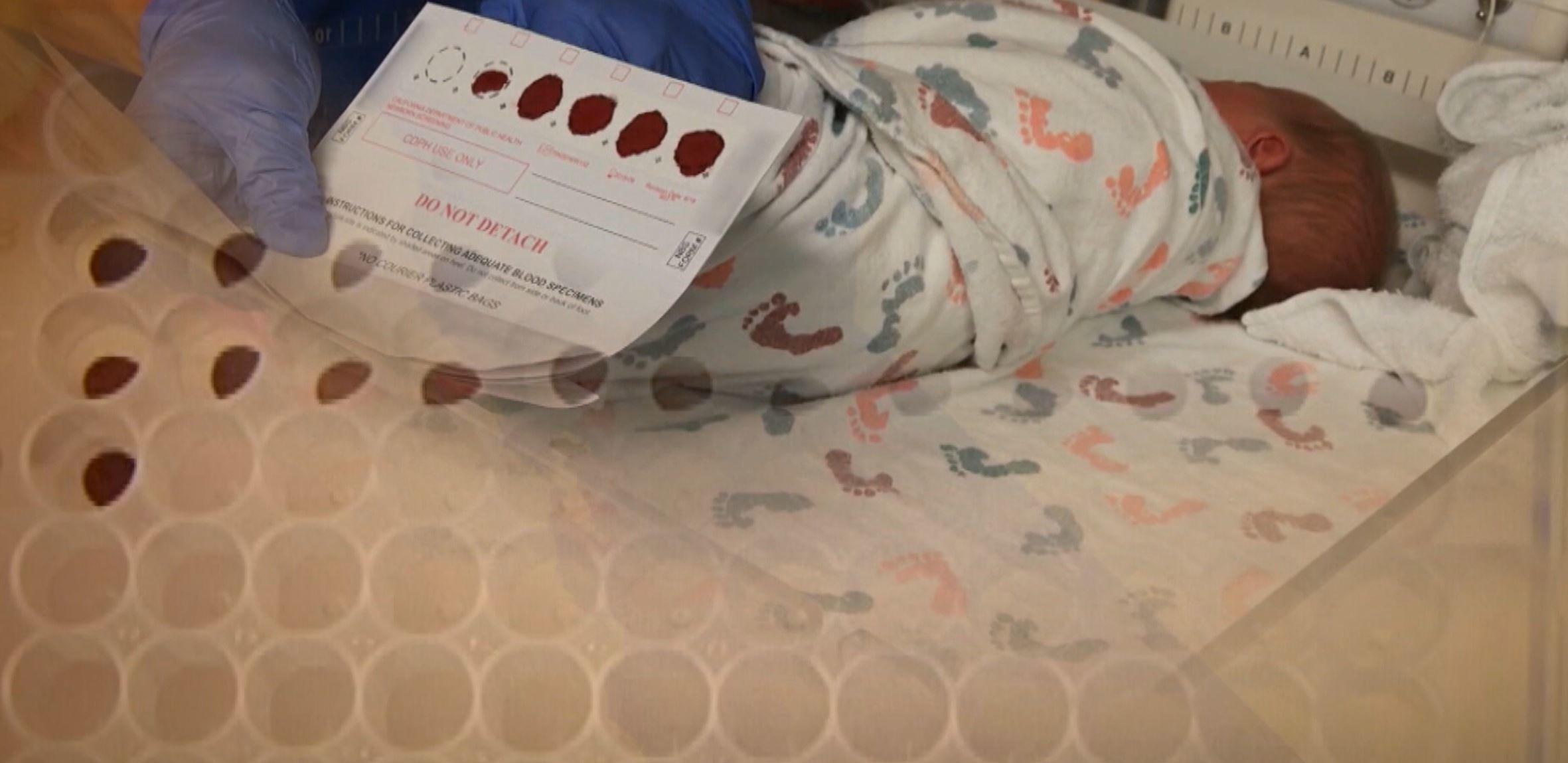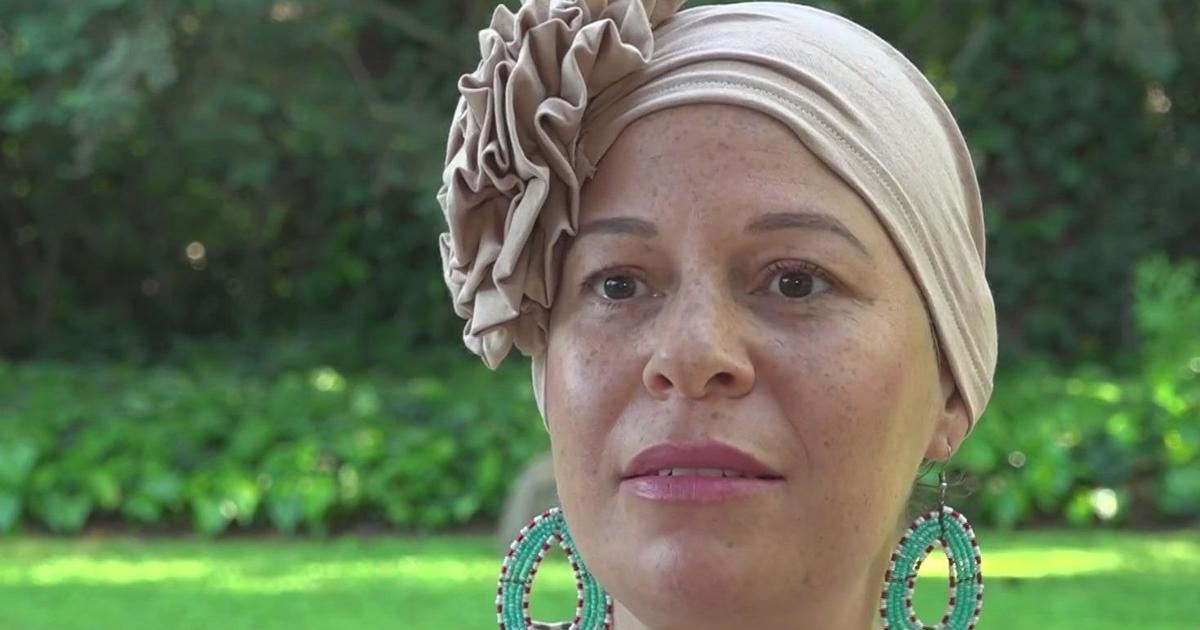Call Kurtis Investigates: Is Social Security Death Index a 'Recipe' for Identity Theft?
A Rancho Cordova woman says the social security numbers of her dead relatives are being posted online and is worried it's making things easy for crooks to steal their identities. So she called Kurtis for answers.
Social security numbers of dead people are used fraudulently more than a million times a year.
So, why are they being released online for the world to see?
"I didn't have to search that far. It was right there in my face," said Theresa Moseley.
Searching on Google, Moseley couldn't believe she found the social security number of her mother-in-law, who passed away in 1978.
"My first initial reaction was 'how can this be?' This information is supposed to be private," she said.
All it took was a click to find a page at DeathRecord.com. It's one of many websites posting full names, birth dates and -- most concerning to Moseley -- social security numbers of millions who've passed away.
It's sensitive information and a study done last year shows dead people's social security numbers are used 2.5 million times a year for identity theft -- like in the case of 4-year-old Alexis Aggin.
The Washington, D.C. girl died of brain cancer in 2011. Later that year somebody used her social security number on a tax return.
"All these thoughts start rolling out of 'now what happens? Who has the information?' " said Moseley.
Under an act passed by Congress, the Social Security Administration publishes the data to its "death index," which by law is public information used to fight identity theft and fraud; but attorney Patrick Hanley says more often it has the opposite effect.
"In reality it's like a recipe for identity thieves to steal the exact information they need to commit identity theft," he said.
Even the federal government is hit hard by identity theft, giving away about $5 billion a year in phony refund checks -- often to fraudsters using info from the death index.
"The value of having this information public is far outweighed by the danger of identity theft," said Hanley.
Frustrated, Moseley wants lawmakers to push to keep the list private.
"Deceased or not, that information should not be published. I think Congress is wrong," she said.
The Social Security Administration has asked some ancestry and genealogy websites not to post records of people who died from the last 10 years, but they don't have to listen because it is public information.
So how can you prevent relatives' identities from being stolen after death?
Tell the credit bureaus right away and also tell their credit card companies. Also, don't put the person's full birth date or address in the obituary. That's just more personal information the crooks may use.



